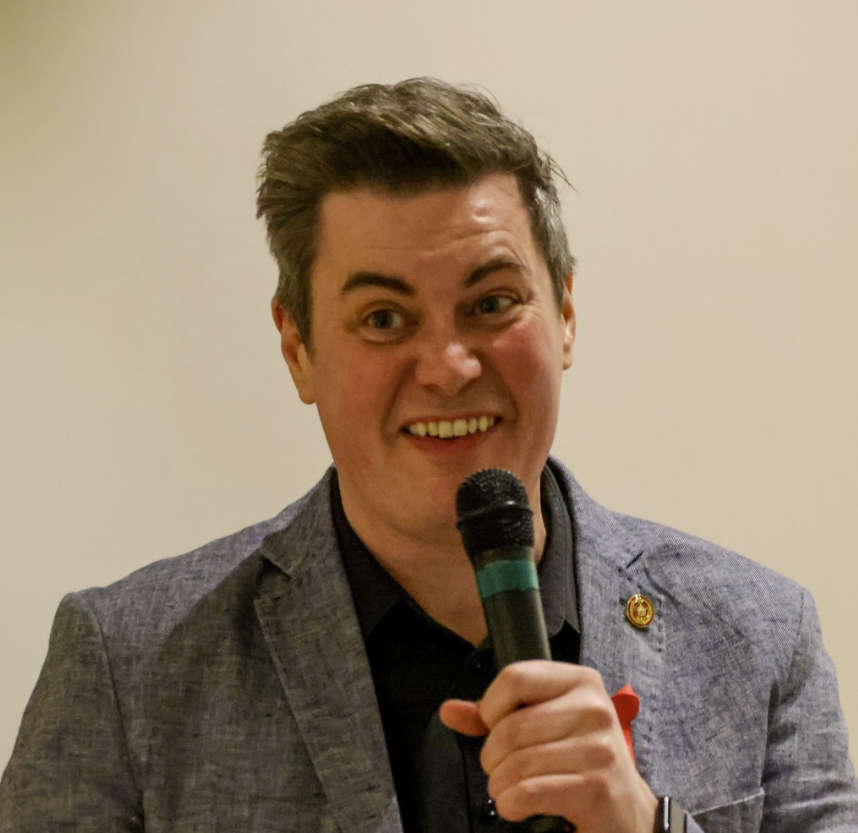Scientists from Kew Gardens are using a new study to track which trees bees prefer to try to stem the decline in our vital pollinators.
Bee populations are falling all over the world due to a mixture of habitat loss, climate change, and the use of pesticides, with a devastating impact on our biodiversity and food production.
But it's feared that not enough comprehensive, global research is being done to understand the issue or find solutions.
UK becoming a no-fly zone
Researchers based at Wakehurst in Sussex, known as Kew's "Wild Botanic Garden", have begun placing advanced bio-acoustics sensors in some of their trees to track which ones bees favour.
They hope it will help urban planners know which trees to plant in built-up areas, as a way of combating the worrying decline in bee numbers.
Pollination research lead Dr Janine Griffiths-Lee said: "Nearly 90% of our flowering plants depend on the contribution of pollinators, but in the UK the population of flying insects in the last 20 years has decreased by around 60%.
"It's really hard to be able to put a figure on the decline of our pollinators, but we do know that globally the number is declining.
"And with that comes crop yield instability and the loss of an essential ecosystem service."
Their new, non-invasive monitors listen for the buzz created by bees' wing beats, building up heat maps of the most popular spots.
Read more from Sky News:
'Grandpa robbers' guilty over Kim Kardashian heist
Train station stabbing in Germany
'We're facing twin crises'
Dr Griffiths-Lee said: "If you think about the tree's footprint, it's very small, but they're huge 3D structures covered in pollen and nectar, which are essential resources of pollinators.
"So we really wanted to think about which are the best trees for bees for us to plant, and that can inform landscape planners, urban architects."
Eight different species of tree were chosen for the study, including horse chestnut and lime trees, with a mixture of native and non-native species.
The scientists have also been gathering DNA from pollen, which also helps them to map which plants and flowers the insects prefer.
Wakehurst's director, Susan Raikes, calls the 535-acre estate a "living laboratory", and says the project is all about searching for nature-based solutions to the impacts of climate change.
"The stakes couldn't be higher, really. We know that we're facing these twin crises of biodiversity loss and climate change," she added.
"We need to be able to understand, as the climate changes, which plants from warmer climes will be good here in the UK for pollinators in the future.
"If all of our native plants are struggling, then we need to find new sources of pollen - for us all to survive."

(c) Sky News 2025: Scientists embark on crucial study to save Britain's bees


 Trump threatens EU with 50% tariff - as Apple faces 25% unless iPhones are made in US
Trump threatens EU with 50% tariff - as Apple faces 25% unless iPhones are made in US
 Mum can continue lawsuit against AI chatbot firm she holds responsible for son's death
Mum can continue lawsuit against AI chatbot firm she holds responsible for son's death
 Moment wife of OceanGate CEO hears Titan sub imploding
Moment wife of OceanGate CEO hears Titan sub imploding
 What is chemical castration? Here's why doctors will be uneasy about using it on sex offenders
What is chemical castration? Here's why doctors will be uneasy about using it on sex offenders


